|
I am an applied scientist at Microsoft, where I work on natural language generation for the Microsoft Dragon Copilot. Prior to this, I was a data scientist at Fraunhofer IAIS and was also affiliated with the Lamarr Institute for Machine Learning and Artificial Intelligence. I did my PhD in the Artificial Intelligence Group at the Technical University of Dortmund under the supervision of Prof. Dr. Stefan Harmeling. I acquired my Bachelor's and Master's degrees in computer science with a minor in mathematics from the Heinrich Heine University Düsseldorf. Email / Google Scholar / DBLP / LinkedIn / Github |

|
|
My research is focused on deep neural networks and particularly their applications in image/signal processing, medicine, reinforcement learning, and natural language processing. I have worked on deep learning for solving inverse problems, such as phase retrieval and computed tomography. Furthermore, I am interested in adversarial attacks on deep learning models. |
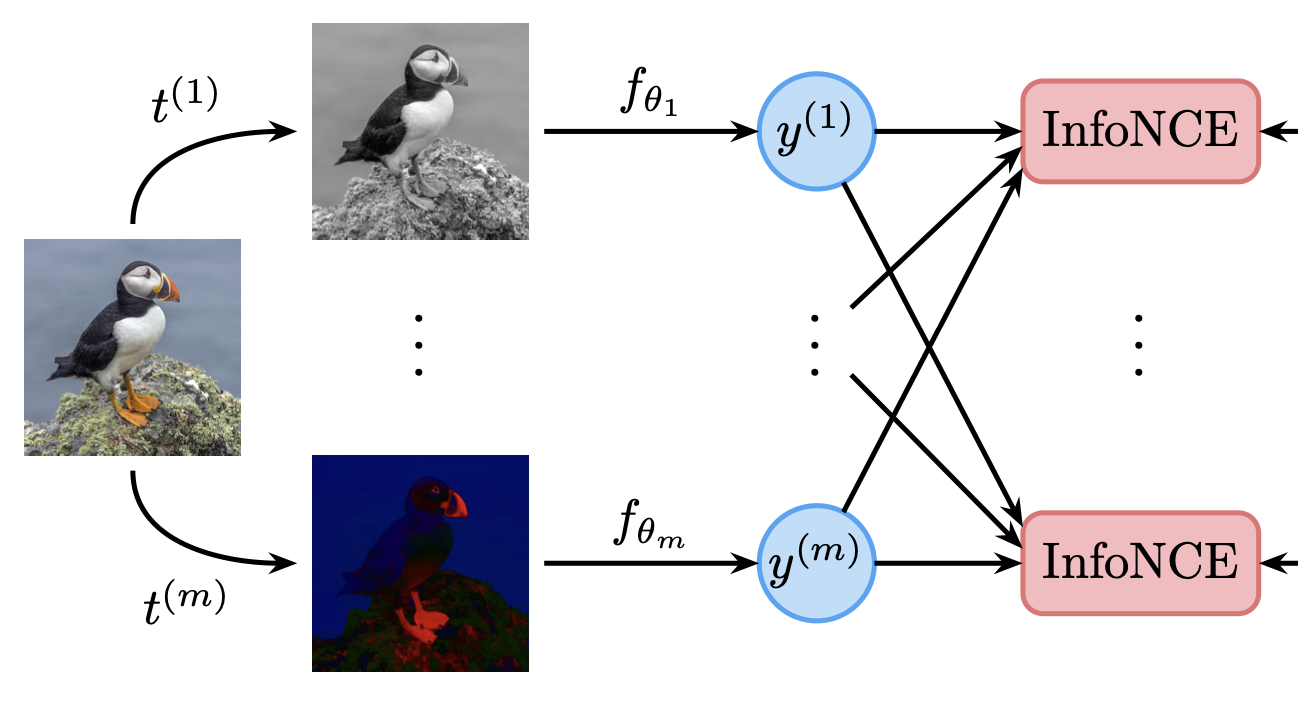
|
Tobias Uelwer, Jan Robine, Stefan Sylvius Wagner, Marc Höftmann, Eric Upschulte, Sebastian Konietzny, Maike Behrendt, Stefan Harmeling Machine Learning paper / bibtex This survey paper provides a comprehensive review of these methods in a unified notation, points out similarities and differences of these methods, and proposes a taxonomy which sets these methods in relation to each other. |
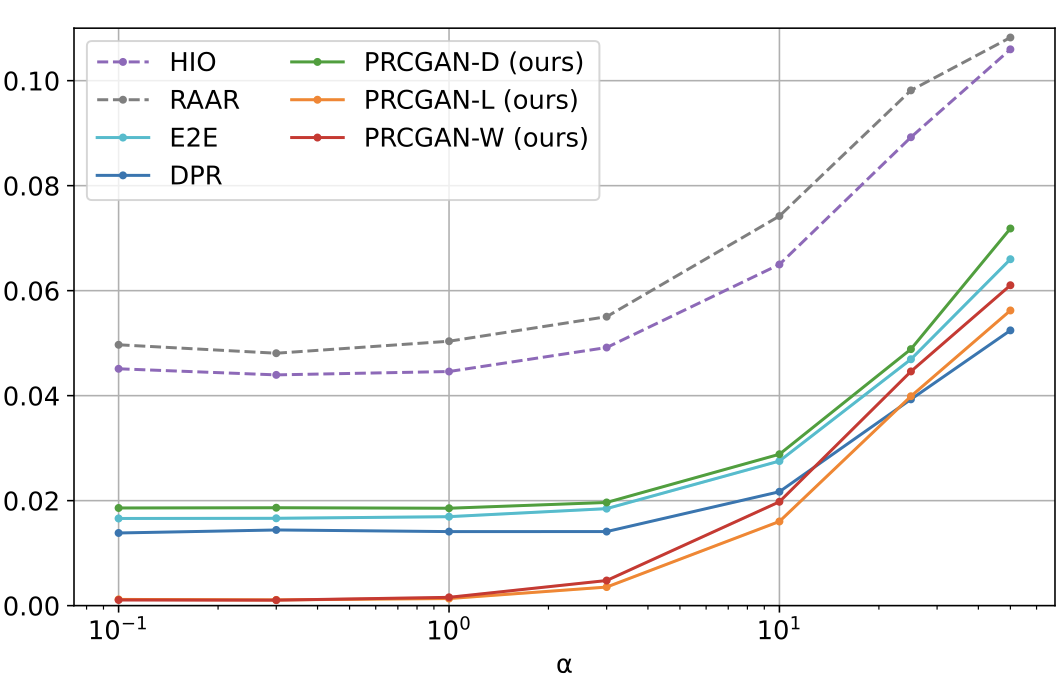
|
Tobias Uelwer, Sebastian Konietzny, Alexander Oberstraß, Stefan Harmeling Journal of Machine Learning Research (JMLR) paper / bibtex Conditional generative adversarial networks can be used to achieve state-of-the-art reconstructions for compressive and Fourier phase retrieval. A previous version of this work was also presented at the International Conference on Pattern Recognition (ICPR) 2020. |
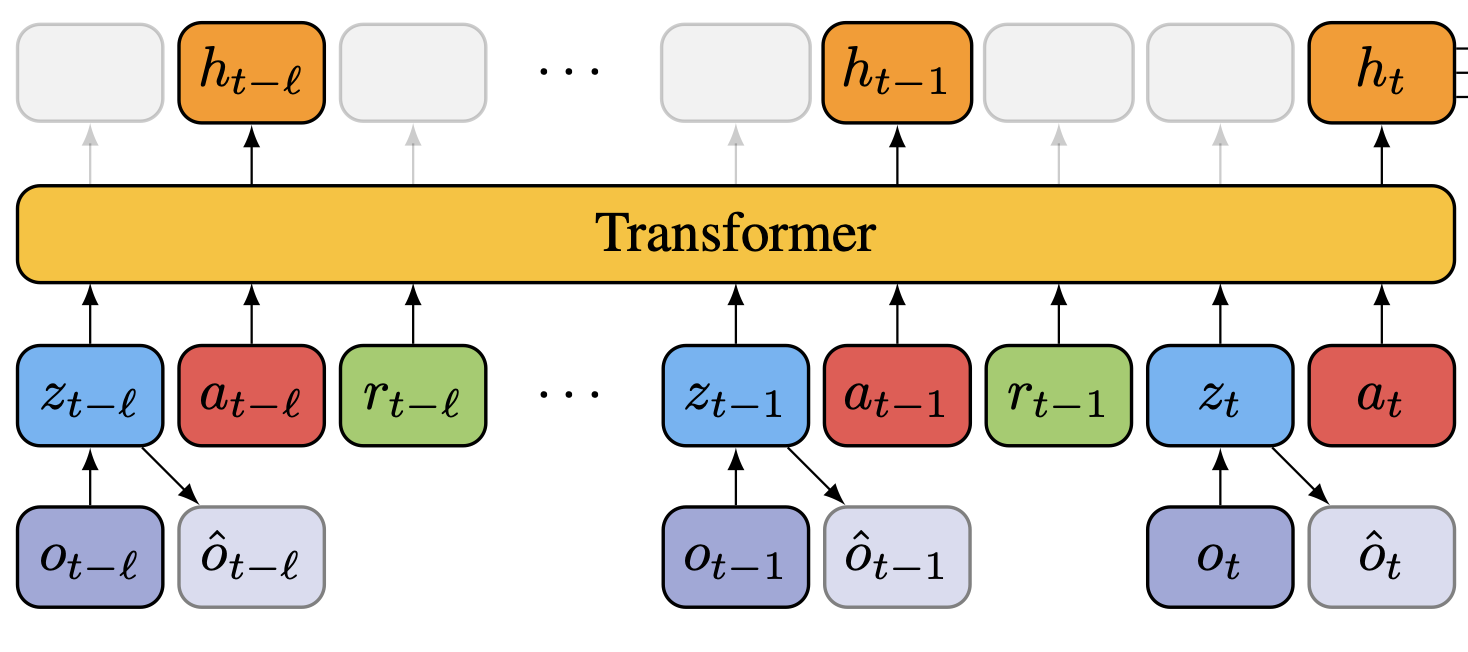
|
Jan Robine, Marc Höftmann, Tobias Uelwer, Stefan Harmeling International Conference on Learning Representations (ICLR), 2023 paper / bibtex / code We propose a transformer-based world model (TWM) that enhances sample efficiency and allows learning of long-term dependencies while staying computationally efficient.. This work was also presented at the NeurIPS 2022 Deep Reinforcement Learning Workshop. |
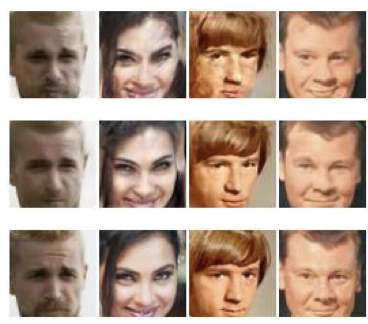
|
Tobias Uelwer*, Sebastian Konietzny*, Stefan Harmeling (*equal contribution) Transactions on Machine Learning Research (TMLR) paper / bibtex Refined intermediate layer optimization of generative models and new learned initialization schemes perform exceptionally well at the Fourier and Gaussian phase retrieval problem. This work was also presented at the NeurIPS 2022 AI4Science Workshop. |
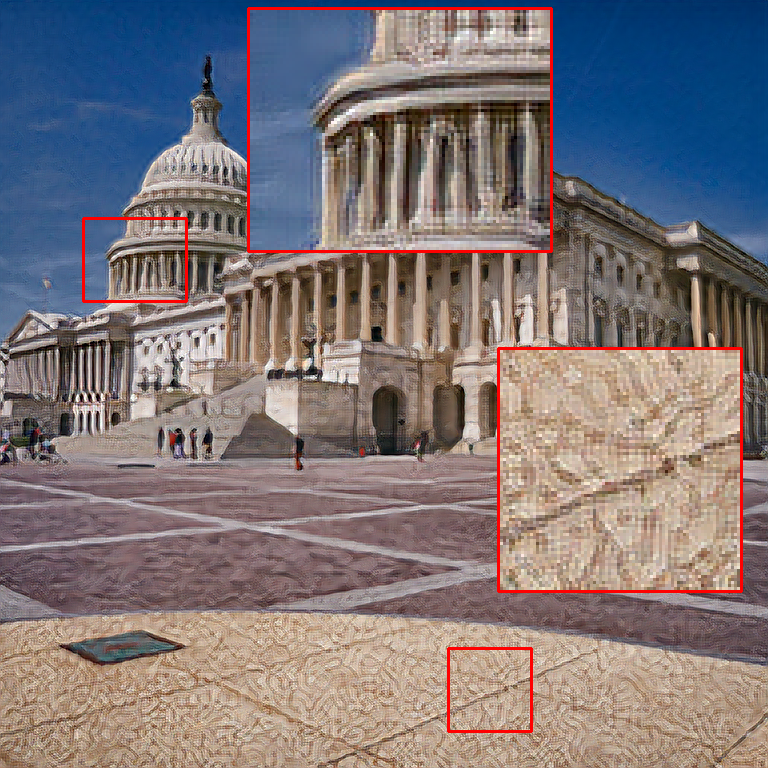
|
Tobias Uelwer, Felix Michels, Oliver De Candido NeurIPS 2022 ICBINB Workshop - Understanding Deep Learning Through Empirical Falsification paper / bibtex We show that robust perceptual losses do not perform better than non-robust ones for image super-resolution. |
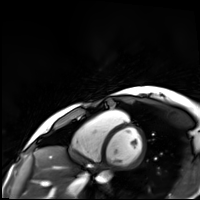
|
Lena Maria Röwer, Tobias Uelwer, Janina Hußmann, Halima Malik, Monika Eichinger, Dirk Voit, Mark Oliver Wielpütz, Jens Frahm, Stefan Harmeling, Dirk Klee, Frank Pillekamp Magnetic Resonance in Medicine, 2021 paper / bibtex / supplementary material Real-time MRI combined with MR-compatible spirometry and retrospective binning can be used for image stabilization and offers opportunities to analyze heart-lung interactions. |
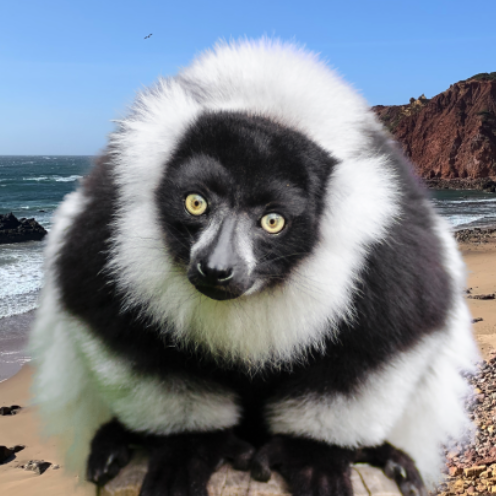
|
Thomas Germer, Tobias Uelwer, Stefan Conrad, Stefan Harmeling Journal of Open Source Software (JOSS), 2020 paper / bibtex / repository / docs PyMatting toolbox for Python which implements various approaches to solve the alpha matting problem. Our library is also able to extract the foreground of an image given the alpha matte. |
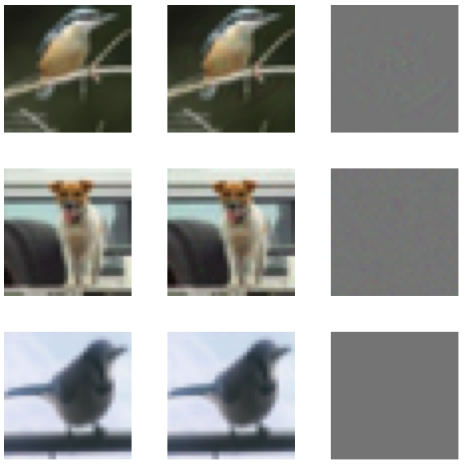
|
Felix Michels*, Tobias Uelwer*, Eric Upschulte*, Stefan Harmeling (*equal contribution) ICML 2019 Workshop on Security and Privacy of Machine Learning paper / bibtex / poster This paper extensively evaluates the vulnerability of capsule networks to different adversarial attacks. Our experiments show that capsule networks can be fooled as easily as convolutional neural networks. |
|
|
At Department of Computer Science at the Technical University of Dortmund:
At the Department of Computer Science at the Heinrich Heine University:
|
|
|
This website is based on the template of Jon Barron's website. Used with permission. |